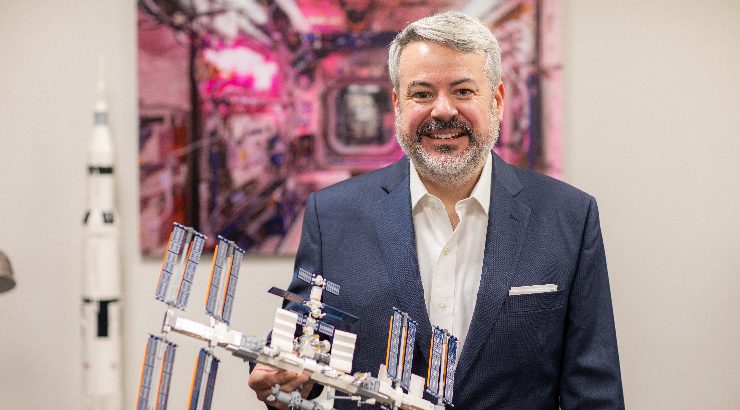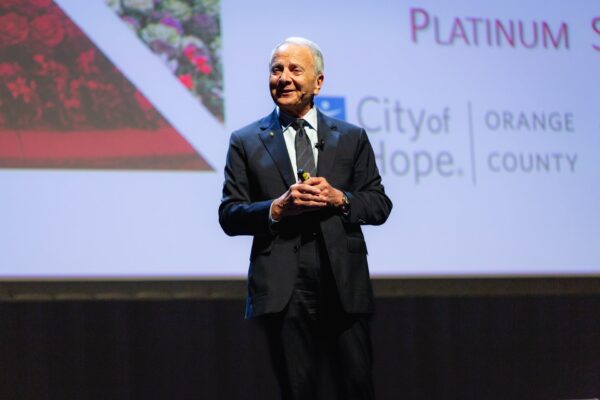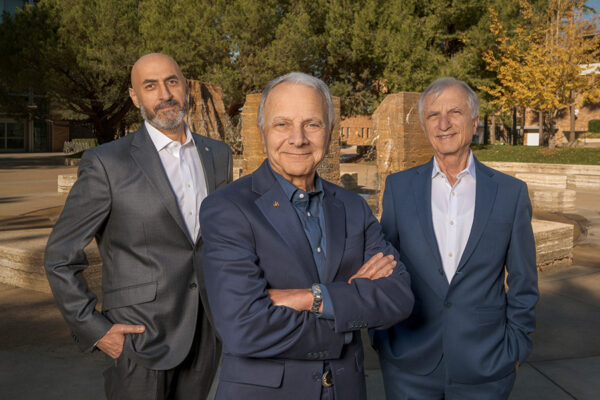Chapman University’s ‘dig’ into life on the International Space Station has won the Archaeological Institute of America’s 2023 Award for Outstanding Work in Digital Archaeology.
Justin Walsh, associate professor of art at Chapman University, and his co-principal investigator Alice Gorman, of Flinders University in Australia recently completed the first archaeological study ever performed outside the Earth.
Through their project, Sampling Quadrangle Assemblages Research Experiment (SQuARE), the duo coordinated the photo documentation by crew members aboard the ISS of strategic 1-meter-square spaces within the floating city for 60 consecutive days.
“It’s a microsociety in a miniworld,” said Walsh, an archaeologist by training.
The duo is collaborating with Erik Linstead, associate professor at Chapman University’s Fowler School of Engineering and Rao Hamza Ali, a data scientist and graduate student assisting in the university’s Machine Learning and Affiliated Technology Lab to digitally catalog the photos. Walsh and Gorman are studying the photos using archaeology’s methods of inquiry and analysis to gain insight into how humans adapt to their environment and gain new understanding of how humans use space in space.
“We are revealing aspects of a habitat that people have lived in for over 20 years, and that the very people inhabiting it 24/7 have not been aware of,” Walsh added.
The AIA is the oldest and largest archaeological organization in North America. The AIA award was announced Nov. 7 and the winners will be formally recognized at an annual meeting in New Orleans in January.
“We’re very proud of this recognition,” said Walsh. “We will continue to work on innovative approaches to understanding human behavior and adaptations to life in space.”




